Life
Sign up for our newsletter
We summarize the week's scientific breakthroughs every Thursday.
-
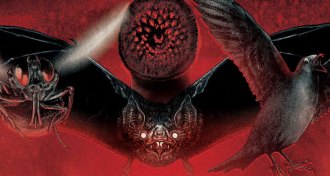 Animals
AnimalsBeing a vampire can be brutal. Here’s how bloodsuckers get by.
Blood-sucking animals have specialized physiology and other tools to live on a diet rich in protein and lacking in some nutrients.
By Susan Milius -
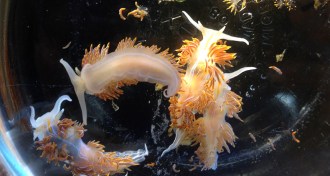 Oceans
OceansHere’s a breakdown of the animals that crossed the Pacific on 2011 tsunami debris
Hundreds of marine animals from Japan have washed up on U.S. beaches since the destructive 2011 earthquake and tsunami.
-
 Health & Medicine
Health & MedicineA universal flu shot may be nearing reality
Scientists are developing a universal vaccine against flu, making annual shots a thing of the past.
By Laura Beil -
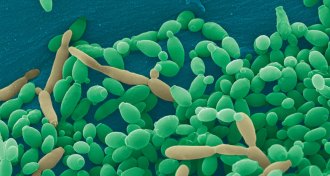 Life
LifeGut fungi might be linked to obesity and inflammatory bowel disorders
Fungi are overlooked contributors to health and disease.
-
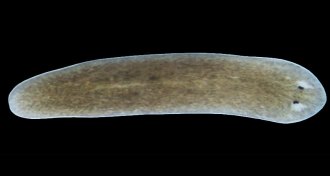 Animals
AnimalsTo understand the origins of pain, ask a flatworm
A danger-sensing protein responds to hydrogen peroxide in planarians, results that hint at the evolutionary origins of people’s pain sensing.
-
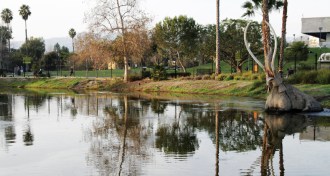 Animals
AnimalsSurgeon aims to diagnose deformities of extinct saber-toothed cats
Using CT scans, one orthopedic surgeon is on a quest to diagnose deformities in long-dead saber-toothed cats.
-
 Climate
ClimateDuring El Niño, the tropics emit more carbon dioxide
El Niño increases carbon emissions from the tropics — mimicking future climate change.
-
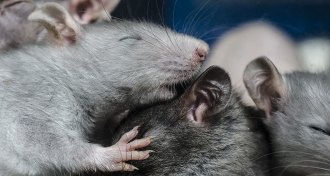 Neuroscience
NeuroscienceThere’s no rest for the brain’s mapmakers
Navigational grid cells stay on the job during sleep.
-
 Genetics
GeneticsWe’re more Neandertal than we thought
Neandertals contributed more to human traits than previously thought.
-
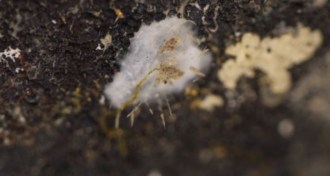 Animals
AnimalsNew deep-sea sponge could play a starring role in monitoring ocean health
A new species of sponge that dwells on metal-rich rocks could help scientists track the environmental impact of deep-sea mining.
-
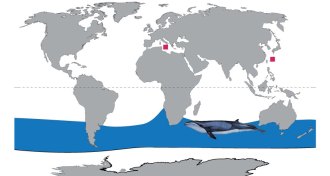 Animals
AnimalsAncient whale turns up on wrong side of the world
A Southern Hemisphere whale species was briefly a northern resident.
-
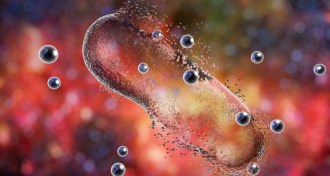 Tech
TechSuperbugs may meet their match in these nanoparticles
Quantum dots and antibiotics hit bacteria with a one-two punch.